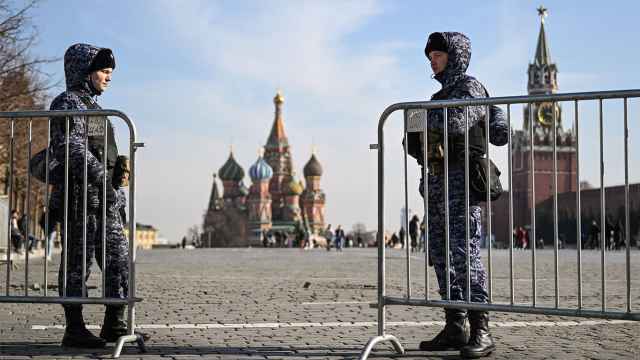BERLIN — General Motors Co.'s Opel division is to cut production at two German factories as it grapples with lost volume after exiting the plunging Russian market.
GM had said in March it would idle its plant in St. Petersburg and wind down the Opel brand in Russia, whose economy has been hit by lower oil prices, a weaker currency and Western sanctions over the Ukraine crisis.
Opel, which originally planned to sell more than 80,000 cars in Russia this year, said on Friday it aims to shorten hours at its main plant in Ruesselsheim and at a site in Germany's eastern town of Eisenach.
"Inventories and related costs will be minimized with this step," the carmaker said, after first-half Russian sales plunged 73 percent to about 9,000 autos.
The plants in question produce the Adam Opel and Insignia cars, targeted more at Western European buyers.
Opel said on Friday demand in Europe was developing only "moderately," though it remains confident of continuing a growth trend of the past two years in 2015, after its pan-European first-half sales rose 3 percent to 582,300 autos.
That contrasts with more bullish statements on the European market from Volkswagen and from industry association ACEA, which earlier this month upgraded its forecast for European car sales to 5 percent growth.
Volkswagen on Friday reported "significant growth" in some parts of Europe, with group sales in the region as a whole up 3.7 percent, despite a 40.9 percent drop in Russia, though sales overall were dogged by downturns in China and Latin America.
Opel said it will apply for subsidies under the German government's "Kurzarbeit" short-time work program for about 25 working days in Eisenach and 15 days in Ruesselsheim, without being more specific.
The scheme allows companies to preserve jobs by reducing employees' hours when plant usage is low, with the government compensating workers for part of their lost wages.
A Message from The Moscow Times:
Dear readers,
We are facing unprecedented challenges. Russia's Prosecutor General's Office has designated The Moscow Times as an "undesirable" organization, criminalizing our work and putting our staff at risk of prosecution. This follows our earlier unjust labeling as a "foreign agent."
These actions are direct attempts to silence independent journalism in Russia. The authorities claim our work "discredits the decisions of the Russian leadership." We see things differently: we strive to provide accurate, unbiased reporting on Russia.
We, the journalists of The Moscow Times, refuse to be silenced. But to continue our work, we need your help.
Your support, no matter how small, makes a world of difference. If you can, please support us monthly starting from just $2. It's quick to set up, and every contribution makes a significant impact.
By supporting The Moscow Times, you're defending open, independent journalism in the face of repression. Thank you for standing with us.
Remind me later.






